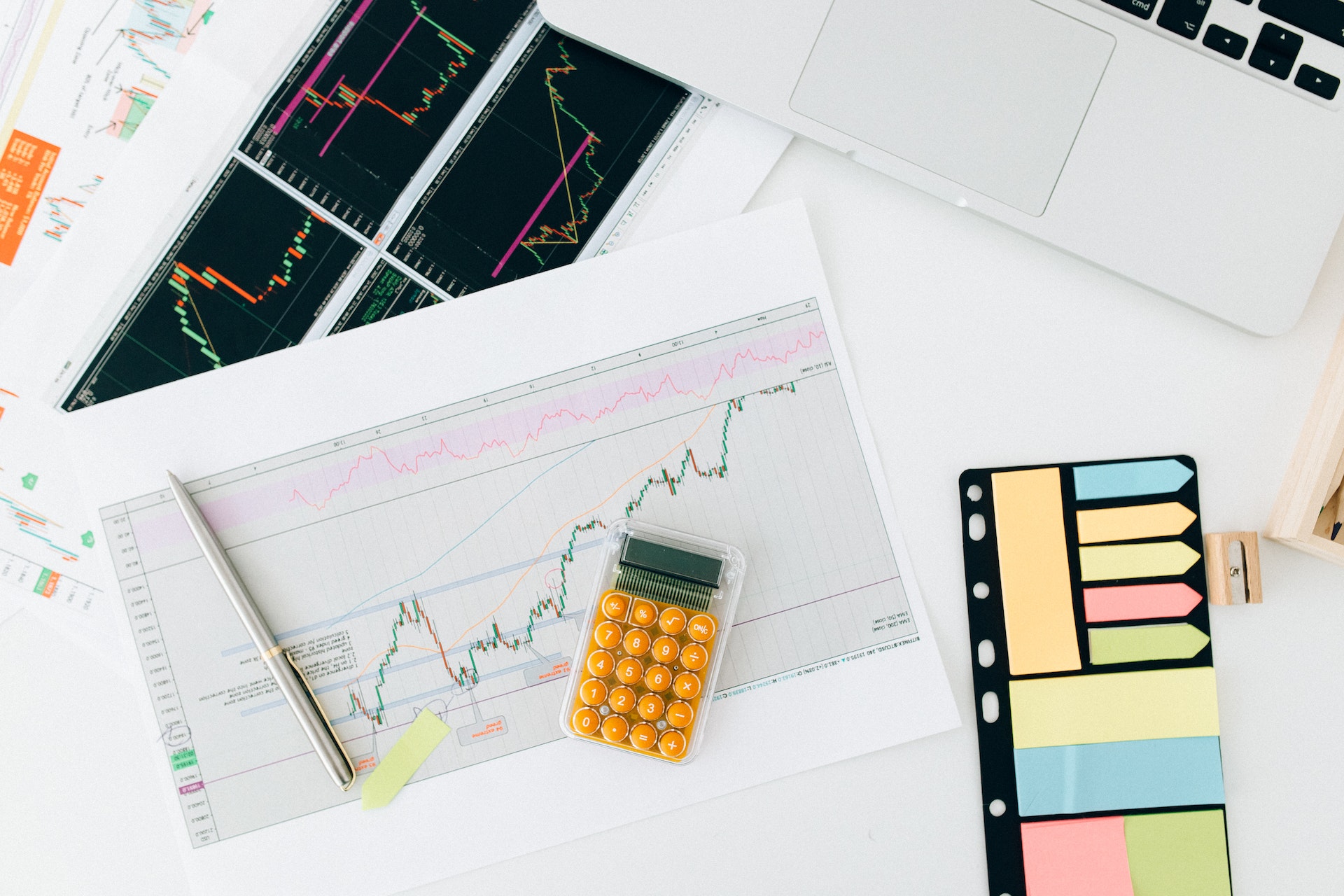
How To Use Leverage
Leverage has numerous advantages, but it also has significant drawbacks. When trading the markets, traders should aim for survival at the very least. It is necessary to chase profits in a call with limitless opportunities, but it is far more important to avoid catastrophic losses. As a result, when trading the risky CFD markets, it is necessary to use low leverage.
Why Low Leverage is more preferable
Here are some of the reasons why it is critical to learn how to trade the global financial markets with low leverage.
Fewer Losses
The main reason for using low leverage is to keep your losses to a minimum. Leverage increases your trading capital, allowing you to control a much larger position in the market with a much smaller investment. Nonetheless, profits are determined by your overall trading position rather than your capital outlay.
For example, if you have $100 and trade on leverage of 1:100, you effectively control a $10,000 position in the market. The market only needs to move 1% against you to cause you to lose your entire investment (1 percent of $10,000 = $100). You will have effectively lost 100% of your capital in a single significant move.
Moreover, if you have $100 and trade with a leverage of 1:10, you will control a $1000 position in the market. A 1% move against you will result in a loss of $10 (1 % of $1000). This means you will only have lost 10% of your capital in that single trade.
Easy to Recover Capital
When trading financial and digital assets online, losses are unavoidable. Profitable trading simply means that your profits exceed your losses. Low leverage enables traders to recoup capital losses as quickly as possible.
Assume you have a $1,000 investment and a leverage of 1:100. This indicates you have a $100,000 market position. A 0.5 percent move against you results in a $500 loss (0.5 percent of $100,000). You will now have a $500 capital ($1000 – $500). To return to your initial capital of $1,000, you must earn a profit of 100% on your $500 account.
In contrast, if you trade with a leverage of 1:10, you will control a $10,000 position in the market. A 0.5 percent move against you results in a $50 loss. You now have a total capital of $950 ($1000 – $50). To return to your initial capital of $1,000, you will need to earn 5.26 percent profits on your $950 account.
Lower Transaction Costs
Transaction costs are a take down of leverage. Spreads are typically negligible when trading CFDs online. However, the costs of leverage can add up and limit your profitability. Lowering your leverage helps to keep transaction costs low and prevents them from negatively affecting your profits.
Consider the following scenario. You have a $1,000 trading account with a 1:100 leverage and want to trade the EUR/CAD pair, which has a 5 pip spread. A spread of $50 ($10*5pips) will be charged on a standard lot (1 pip = $10). Even before the market begins to move, you are already 5% down.
A similar trade with a lower leverage of 1:10, on the other hand, will give you control of a $10,000 EURCAD trade position in the market. You will pay a spread of $5 ($1*5pips) on such a mini lot (1 pip = $1). This is a 0.5 percent transaction fee on your $1,000 account.
Mindfulness
Feelings have been identified as one of the primary causes of traders losing money when trading leveraged products such as CFDs. While emotions are natural, negative emotions can lead to poor market decisions. When you have overleveraged your account and are facing a loss that is about to wipe out your account, you are more likely to succumb to negative emotions such as fear, greed, and bias. Trading with low leverage gives you the peace of mind you need to make objective trading decisions in the market. You can gain a competitive advantage in the market by doing so.

